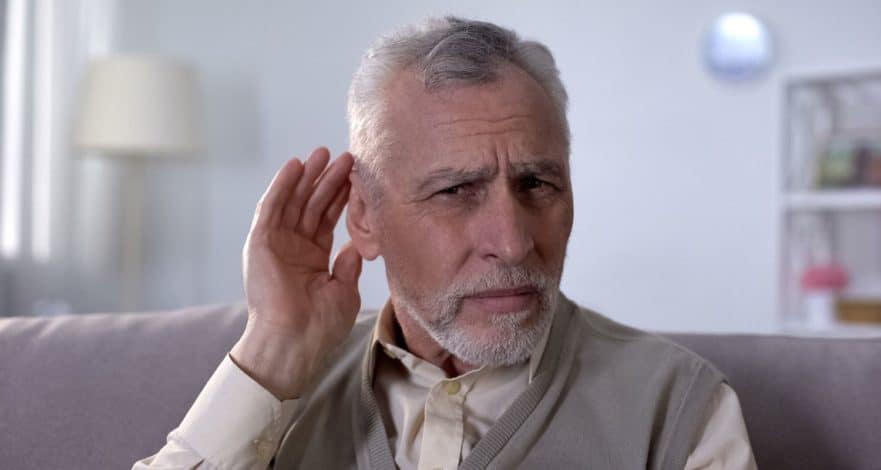About 48 million Americans live with some form of hearing loss, yet the condition is vastly undertreated. On average, it takes seven years from the time we notice hearing loss to the time we do something about it and make an appointment for a hearing test. And only about one out of five people who need hearing aids are currently wearing them!
This is unfortunate, as untreated hearing loss is not the benign condition we once assumed it to be. Even mild hearing loss starts to engender changes in our lifestyle and physiology that can lead to outcomes like depression, social isolation, physical injury, memory issues, and even an earlier onset of cognitive decline and dementia.
It is important to start wearing hearing aids as soon as hearing loss becomes a problem. Treating hearing loss early not only helps us avoid the negative outcomes that untreated hearing loss brings with it, but also makes the adjustment process much easier. People who wait until their hearing loss gets “really bad” tend to experience lifestyle alterations along the way that are difficult to undo. By treating hearing loss as soon as it becomes an issue, life can go on uninterrupted.
Let’s take a look at a few of the signs and symptoms that it may be time to seek treatment for hearing loss.
Someone Else Tells Us We Have Hearing Loss
This may sound strange, but usually a partner, family member, or close friend will be the first to point out that we have hearing loss. Unlike near- or far-sightedness, where images appear blurry, we usually don’t experience our hearing loss as a distortion of sound so much as an absence of it. We can’t hear what we can’t hear, so it’s usually another person who points out to us the sounds that we’re missing.
Fatigue
The first place we tend to notice hearing problems is a busy social gathering, or when there is a lot of background noise. It’s harder to separate speech from noise when we have hearing loss, and trying to follow a conversation quickly becomes mentally exhausting. Many people who are new to hearing loss may even mistake this earlier social fatigue for a separate age-related condition—”I just can’t stay out as late as I used to.” In fact, a set of hearing aids can allow us to enjoy our time with friends and family as much as ever!
The Phone Is Too Quiet
Even people with normal hearing sometimes have trouble hearing someone on the phone, but if this is a persistent problem—even in a quiet room—it could be a sign that we have hearing loss. Likewise, if we’re always turning up the car radio or the television, or if others are telling us that the volume is uncomfortably loud, it might be time to get a hearing test.
Everyone Is Mumbling!
Hearing loss can make us think everyone is speaking too softly, or it might sound like they’re talking with their lips closed. Consonant sounds might be absent or indistinct. If we find ourselves telling people to “speak up,” we might have hearing loss.
A Hearing Test Tells Us We Have Hearing Loss
This one is pretty obvious, but it’s also the best! A comprehensive hearing evaluation, administered by a hearing care professional, is the only objective way to determine whether we have hearing loss, and exactly how much. We should also note that online hearing tests, while they may be a good rough guide, are frequently very inaccurate!
The Better Hearing Institute, a non-profit organization, recommends getting a hearing test once every decade until the age of 50, and once every three years after that. Those who are at a higher risk of hearing loss—whether due to their profession, medical history, or leisure activities—should be tested even more frequently.
If a hearing care professional recommends hearing aids, we should start wearing them immediately. As mentioned above, earlier adoption of hearing aids is strongly correlated with fewer health problems, better cognitive health, and greater life satisfaction. When asked after one year of wearing them, 95% of people say they’re glad they got hearing aids!


